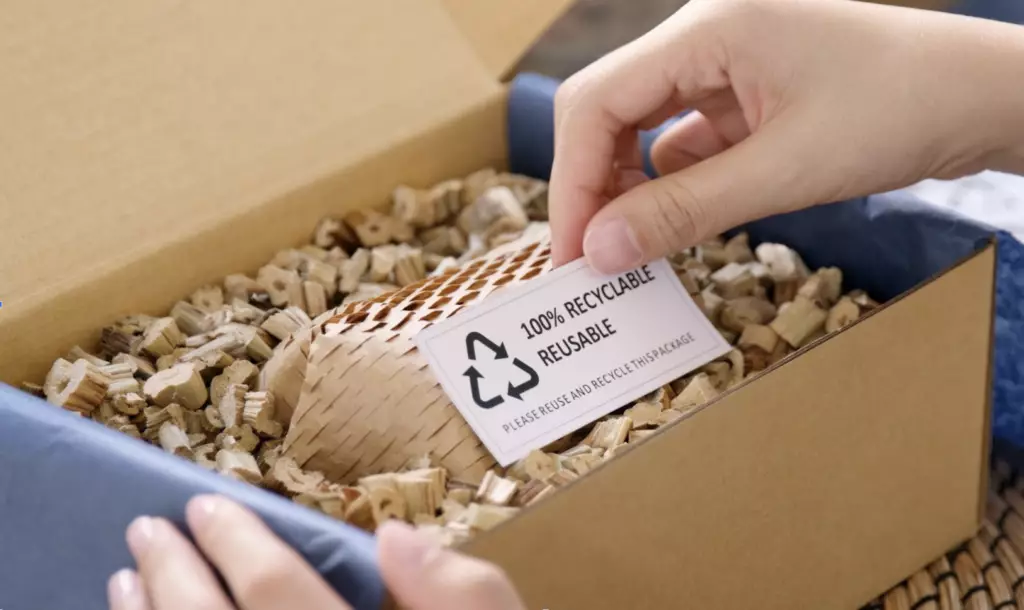As we navigate an increasingly environmentally aware marketplace, it’s become evident that sustainability is no longer a mere trend; it is a crucial lineage that influences consumer behavior. Today’s consumers demand alignment between their purchasing habits and their values, with a significant focus on sustainable practices. This shift presents a golden opportunity for small businesses poised to evolve by adopting eco-friendly practices. Many potential customers are willing to spend more on products and services that are derived from sustainable sources, as statistics indicate that approximately 60% of consumers show this preference. Ignoring this trend places businesses at a distinct disadvantage, as they risk losing valuable customer loyalty to competitors who have recognized the weight of environmental responsibility.
Small Changes, Big Impacts
Transitioning to sustainable practices doesn’t have to be a daunting overhaul; it can begin with straightforward adjustments. Small businesses can make meaningful impacts through simple measures like implementing recyclable packaging, optimizing supply chains to reflect eco-friendliness, and committing to partner with suppliers who prioritize sustainable practices. While some may fear that the transition will strain their budgets, the truth is that many eco-friendly choices, such as reducing single-use plastics or implementing energy-efficient appliances, can yield substantial savings over time. Additionally, by promoting these initiatives, businesses can effectively communicate their values to customers, building trust and inspiring brand loyalty.
Transparency: The Key to Building Trust
In today’s connected world, transparency regarding sustainability efforts is paramount. Consumers are eager to know how their purchase decisions impact the planet, and businesses that communicate their eco-friendly initiatives effectively are likely to benefit from heightened trust and credibility. This relationship is not merely transactional; it fosters emotional connections that drive customer retention and advocacy. By sharing details about sustainable sourcing methods or waste reduction strategies, businesses can paint a positive image that resonates deeply with environmentally conscious consumers.
Public Relations and Brand Recognition
Embracing sustainability is not just about environmental impact; it can propel a business into the limelight. When small companies commit to eco-friendly practices, they attract the attention of media outlets and influencers eager to highlight brands making a concerted effort to bridge the gap between consumerism and environmental stewardship. This kind of exposure can catalyze brand recognition, drawing in prospective customers and validating the choices of existing ones. In a world where consumers are becoming increasingly discerning, a consistent message of sustainability can elevate a business from the shadows of obscurity to the forefront of the market.
The Economic Incentives of Going Green
Contrary to the belief that eco-friendly commitments might break the bank, many small businesses discover economic incentives associated with adopting green practices. Energy-efficient upgrades, although requiring initial investments, can broadly manifest as reduced operational costs through savings on utilities. Government programs often incentivize these enhancements through tax credits and rebates, further easing the financial burden. By identifying areas for operational efficiency, businesses can achieve not only meaningful reductions in their carbon footprints but also improved profitability.
Pioneering a New Business Model: The Circular Economy
Sustainable operations often lead to innovative business models, such as the circular economy. By creatively repurposing waste or adopting take-back initiatives that convert reusable materials into new products, companies find alternative revenue streams while lessening their environmental impact. This approach not only fosters resourcefulness but also presents a distinct business advantage in a society increasingly focused on waste reduction. The ability to recycle materials can serve as a new revenue source, turning potential waste into an economic asset.
Creating a Positive Workplace Culture
Sustainability extends beyond external benefits; it has profound implications for workplace culture as well. Employees take pride in working for organizations that demonstrate a commitment to environmental responsibility. A tangible dedication to sustainability can enhance overall morale and foster a sense of purpose among team members. When employees feel their employer’s values align with theirs and have a role in championing sustainability, engagement increases, resulting in reduced turnover rates and a motivated workforce eager to contribute positively.
Addressing Financial Hurdles with Smart Solutions
Despite the advantages, the financial strain associated with transitioning to sustainable practices can serve as a major hurdle for many small businesses. The initial costs of upgrading to energy-efficient technology or adopting sustainable materials often intimidate entrepreneurs. However, organizations like Mantis Funding offer innovative solutions to ease this burden. By providing flexible financing options, they empower small business owners to pivot towards a greener operating model without jeopardizing their everyday workflows. An investment in sustainability is not just a cost; it is an opportunity to secure a more profitable future while contributing positively to the environment.
Adopting sustainable practices presents small businesses with a multifaceted advantage—enabling them to enhance their brand image, foster deeper customer relations, and ultimately secure long-term financial success. The path toward sustainability is ripe with opportunities for those willing to take the plunge.


Leave a Reply